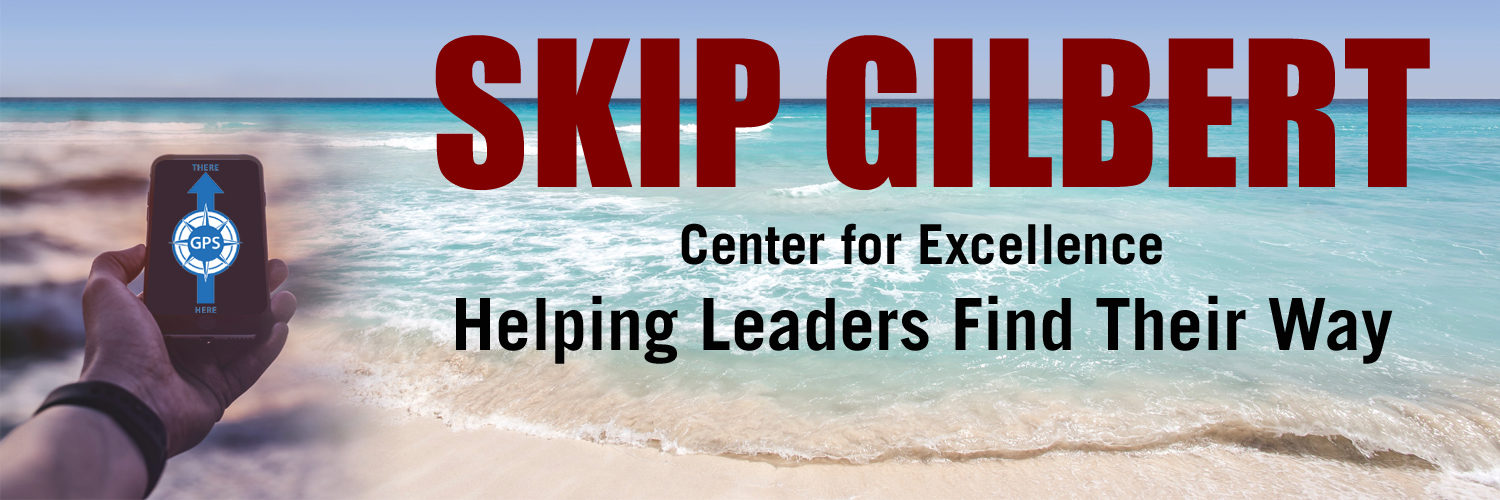Changes in Gratitude Changes in Attitude

Develop an attitude of gratitude, and give thanks for everything that happens to you, knowing that every step forward is a step toward achieving something bigger and better than your current situation. — Brian Tracy
Life is challenging and we do not have to look far to see bad things are happening around and even perhaps to us. It is a fact that bad things happen to good people. We don’t know why, but things still happens. What if we discovered that in spite of the bad things that are happening, there are far more good things happening than bad and that our happiness is just a decision away?
Have you ever met someone who truly had every reason to be upset and bitter who had a remarkably positive outlook? That person who is in the midst of a terrible challenge, perhaps struggling with a life-threatening health situation, or surrounded by financial and family crisis who yet seems to be the person smiling and encouraging others? How can they do that? What is the secret? How can we get some of that perspective? It turns out that our gratitude may truly impact our attitude and it is true that happiness is just a choice after all.
It turns out that people who routinely acknowledge gratitude by taking time to reflect upon things they are thankful for experience more positive emotions, feel more alive, sleep better, display more kindness and have stronger immune systems. They have more happiness, deeper relationships, greater productivity and are more relaxed.
These are more than just wishful claims. There is a huge body of research and studies to support this as more than just a theory. According to research gathered at happierhuman.com they claim the following:
- A five-minute a day gratitude journal can increase your long-term well-being by more than 10 percent. That’s the same impact as doubling your income!
- Gratitude generates social capital – in two studies with 243 total participants, those who were 10% more grateful than average had 17.5% more social capital.
- Gratitude boosts our career. Gratitude makes you a more effective manager, helps you network, increases your decision making capabilities, increases your productivity, and helps you get mentors and proteges.
- Gratitude makes us more optimistic. Gratitude is strongly correlated with optimism. Optimism in turn makes us happier, improves our health, and has been shown to increase lifespan by as much as a few years.
- Gratitude improves your sleep. Gratitude increases sleep quality, reduces the time required to fall asleep, and increases sleep duration. Said differently, gratitude can help with insomnia.
- Gratitude keeps you away from the doctor. Positive emotion improves health. The details are complicated, but the overall picture is not – if you want to improve your health, improve your mind.
- Gratitude increases your productivity. Gratitude has been shown to increase self-esteem and reduce insecurity, this means that it can help us focus and improve our productivity.
There are studies that indicate practicing a routine of expressing gratitude may even change how our brain works. According to research reported at nymag.com, psychologists at Indiana University have published results indicating that people who practiced gratitude techniques brought a range of benefits such as feelings of increased well-being and reduced depression that often lingered well beyond the exercises (of the study). Another study found that acting happy, regardless of feelings coaxes one’s brain into processing positive emotions.
Even Oprah Winfrey writes in her personal blog that for years she has been advocating the power and pleasure of being grateful. She reports that gratitude is a powerful force in her outlook. She writes, “I know for sure that appreciating whatever shows up for you in life changes your personal vibration. You radiate and generate more goodness for yourself when you’re aware of all you have and not focusing on your have-nots.”









